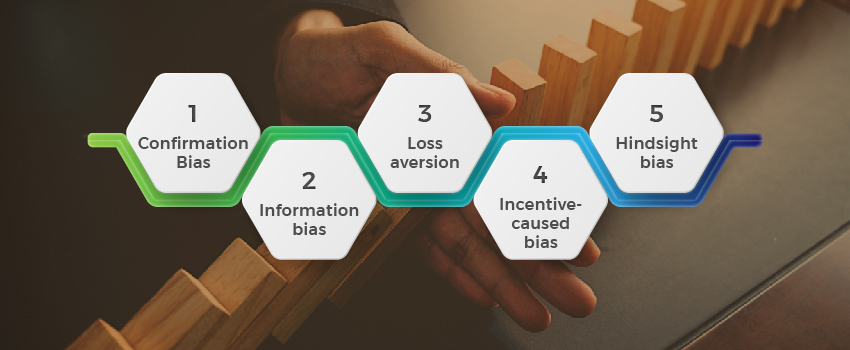Credit cards are more than simply a means of making payments. They may also have an impact on your financial stability and spending patterns. Thus, if you’ve been a responsible and sensible consumer of the credit card, at some point, you may receive an intriguing offer to upgrade your credit card.
While the benefits and additional features may appear enticing, it is critical to assess the offer carefully. This thorough guide walks you through the essential aspects to consider before your credit card upgrade so you can make an informed decision that benefits your financial health.
Take a Look at These Key Points Before Accepting an Upgrade Offer:
An upgrade may promise increased credit limits, improved incentives, and new features. However, without careful assessment, an upgrade may result in greater fees and interest rates that exceed the benefits. Check out these five key items to consider before accepting a credit card upgrade offer.
1. Analyse the Changes in Your Card Fees
One of the first things to look at in an upgrade offer is the pricing structure. Upgraded cards sometimes have higher yearly fees. Make sure to check:
- Annual Costs: Compare the annual costs of your present card to the upgraded one. Are the added benefits worth the cost?
- Transaction Costs: If you travel regularly, consider international transaction costs. Some upgraded cards forgo this cost, allowing you to save money.
- Late Costs and Penalties: Make sure you understand the penalty costs for late payments. Upgraded cards may have heavier penalties.
By calculating these costs, you may decide if the upgrade is financially feasible.
2. Be Aware of the Changes to Your Credit Limit
A credit card upgrade can have both positive and negative consequences. While a greater credit limit might help your credit score by decreasing your credit utilisation ratio, it can also lead to overspending. According to experts, maintaining credit utilisation below 30% is optimum. Evaluate the following
- Purchase Requirements: Will a more significant credit limit result in impulsive purchases and more debt?
- Debt-to-income Ratio: Ensure that the greater limit is consistent with your financial objectives and does not have a detrimental impact on your debt-to-income ratio.
Balancing these elements allows you to determine if a greater credit limit is advantageous.
3. Enquire if There are Any Changes to Your Interest Rate
Interest rates are an essential consideration in every credit card arrangement. An upgrade could result in a higher or lower interest rate. Here is what you should consider:
- APR (Annual Percentage Rate): Compare the APR of your current card to the upgraded one.
- Introductory Rates: Certain cards offer cheaper introductory rates for the first several months. Understand the terms and the rate after the introductory period.
- Variable vs. Fixed Rates: Determine if the interest rate is variable or fixed. Variable rates can alter depending on market conditions, whereas fixed rates remain constant.
Understanding the interest rate changes can prevent unexpected costs and help you manage your debt more effectively.
4. Check Features and Rewards
One of the most compelling reasons to consider an upgrade is the promise of improved features and incentives. However, not all awards are created equally. Here’s what you should consider:
- Incentives: Look through the incentive categories to determine whether they match your purchasing patterns.
- Redemption Options: Determine how simple it is to redeem awards. Some credit cards include statement credits, travel miles, and even gift cards.
- Others: Consider additional benefits such as travel insurance, purchase protection, and extended warranties.
Evaluating these features can help you decide the one of best credit card options for you.
5. Keep a Check on Your Spending Habits
Finally, consider your spending patterns and financial goals. An upgrade should align with your lifestyle and financial goals. Here is how to assess:
- Monthly Spending: Track your monthly expenditures to determine where the majority of your money goes. Using this information, select a card that maximises benefits in those categories. For example, if you spend a lot of money on groceries, a card that offers more cashback on such transactions may be helpful.
- Debt Management: If you frequently carry a balance, prioritise cards with lower interest rates. If you pay down your debt each month, prioritise rewards and benefits.
- Financial Goals: Check that the card corresponds with your financial goals, whether they are to save money on vacation, receive rewards, or develop credit.
A comprehensive review of your spending patterns guarantees that the updated card meets your demands successfully.
To conclude, choosing whether to upgrade your credit card is a serious financial decision that must be carefully considered and evaluated. By taking into account changes in fees, credit limits, interest rates, features, and spending patterns, you can make an educated decision that improves your financial well-being.
Before making a decision, carefully consider your present financial circumstances and examine several credit card offers. Remember that educated decision-making is the key to financial success.







